A step forward: Workshop for the “Habitable” board game
A team of young researchers at HITS has received 10,000 euros in the university competition for the Science Year “Our Universe” to develop a board game on the habitability of planets. After some preliminary work, they organized a workshop to work out the basic principles and elements of “Habitable”.
The young researchers from the “Stellar Evolution Theory” group have set their sights high: They want to use a board game to connect astronomy with the climate crisis. The players are to learn what conditions a planet must fulfill for life to develop on it, and how human in particular greenhouse gas emission, can change these conditions again. The team was successful with this idea in the university competition organized by Wissenschaft im Dialog (WiD) and received funding of 10,000 euros to implement their idea.
In an initial workshop, Eva Laplace, Dandan Wei, Jan Henneco, Duresa Temaj, Vincent Bronner, Rajika Kuruwita and Julian Saling set out to gain a certain amount of knowledge about game development and thus turn the idea into a game concept. For this purpose, they had invited the game developer Till Meyer. He provided the group with theoretical knowledge about the basic structure and the possibilities of interaction in board games. In addition to analyzing various game concepts, the program also included an exercise in creative thinking, in which – in keeping with the spirit of HITS – they had to think “beyond the limits”. By the end of the workshop, the first approaches to the development of “Habitable” were already emerging.
“We took a big step forward today,” said Eva Laplace, summing up on behalf of the team. “And we all had a lot of fun.”
The goal of the scientists is to develop the game in dialogue with the public – with game test events conducted by HITS and the House of Astronomy in Heidelberg. During these test runs, the game developers will collect feedback and suggestions from visitors and hope to start a dialogue about habitability and the effects of global warming.
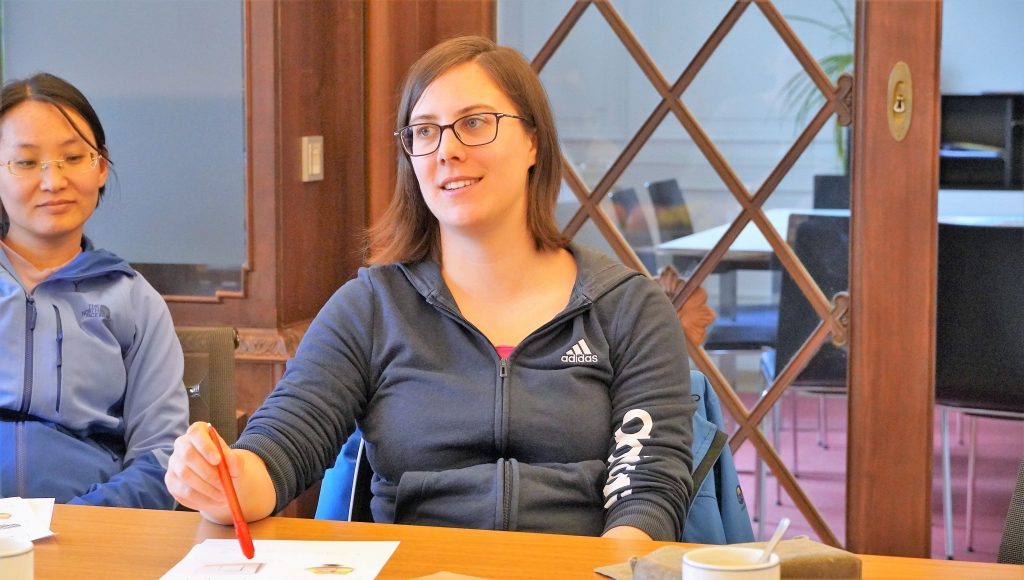
Dandan Wei (left),Eva Laplace 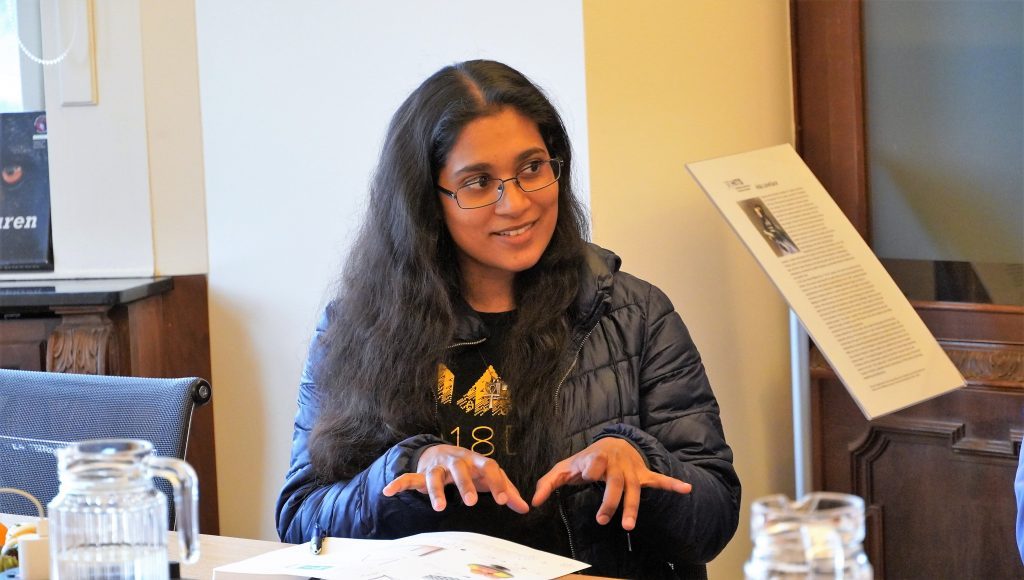
Rajika Kuruwita 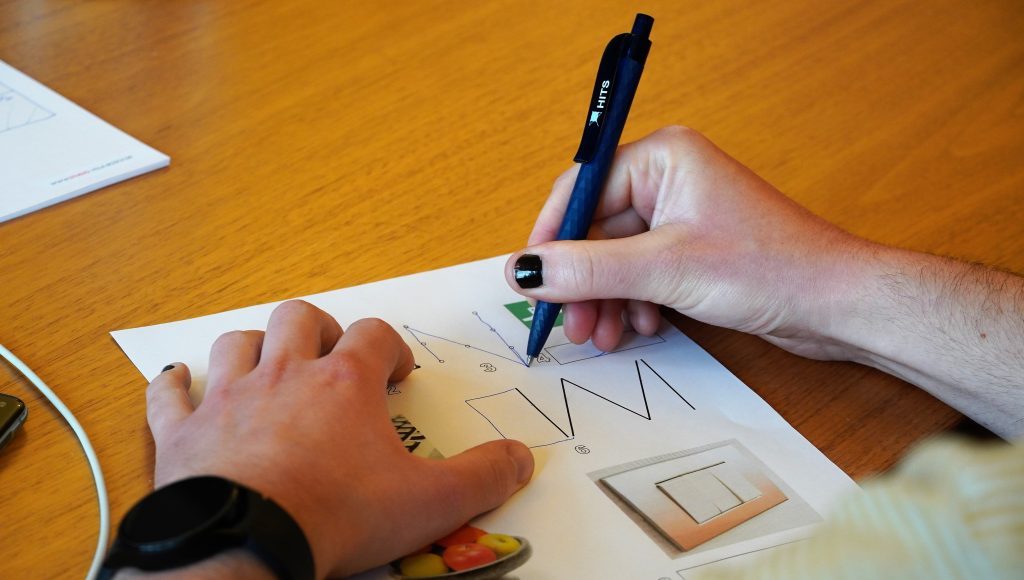
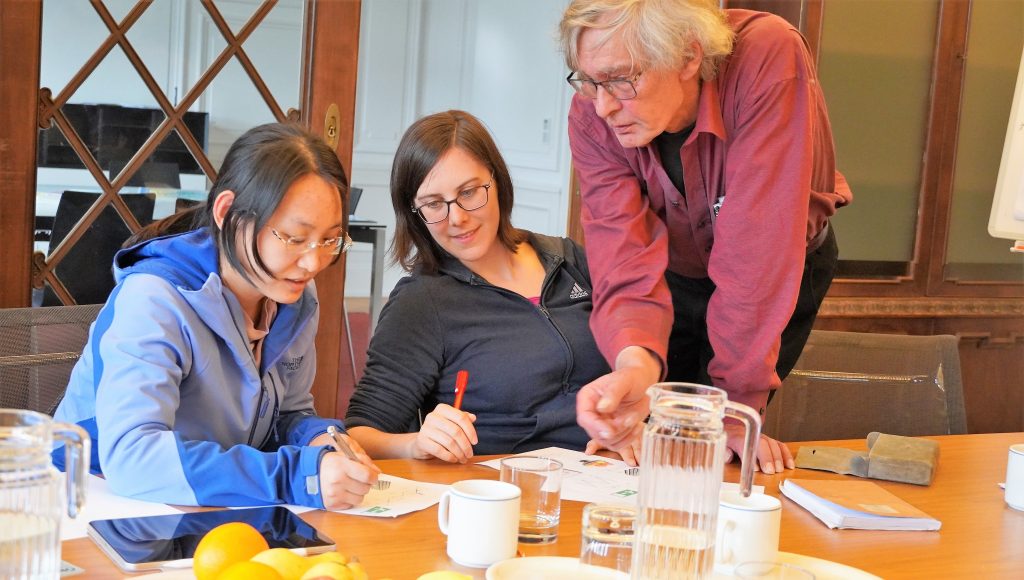
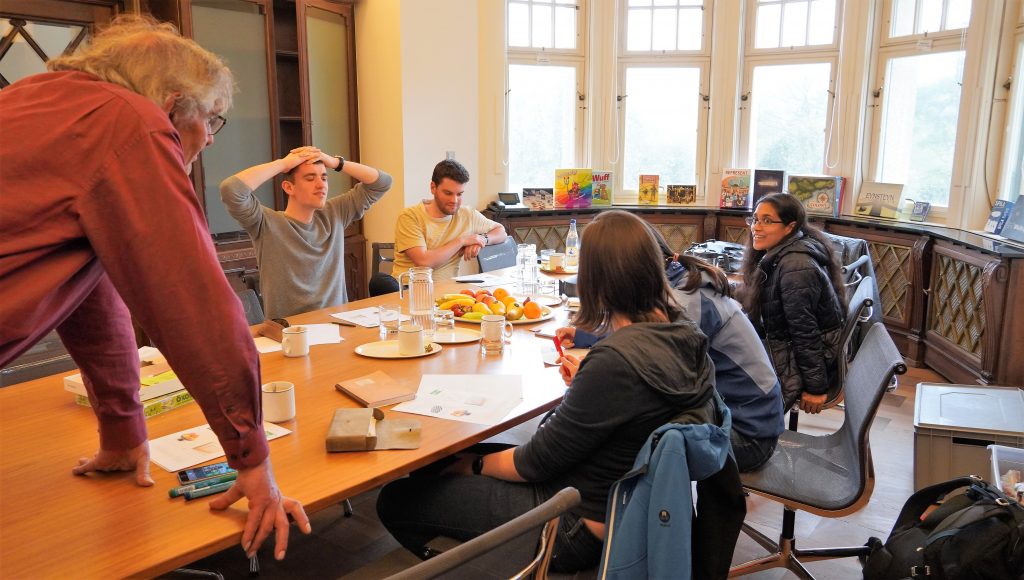
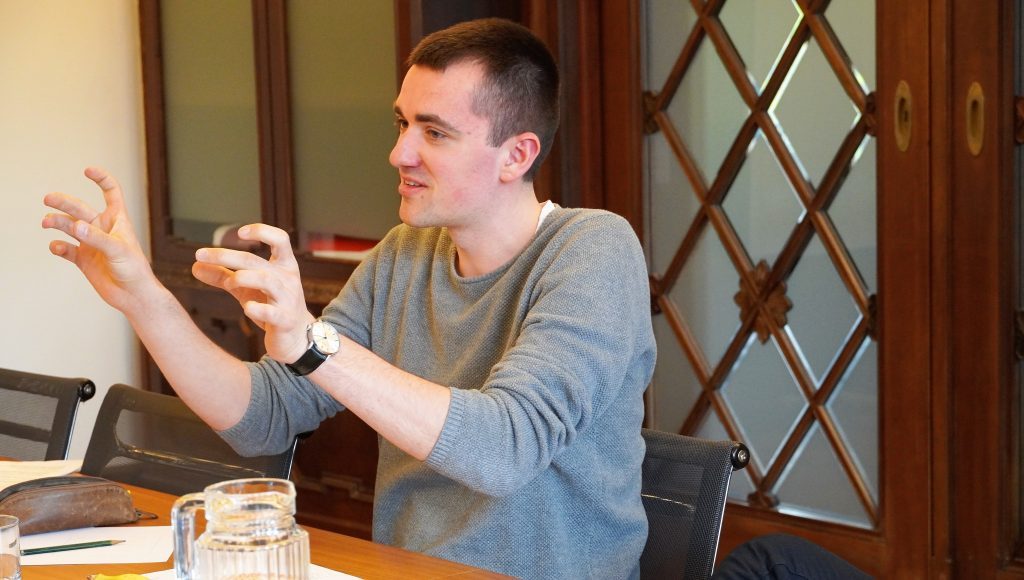
VIncent Bronner 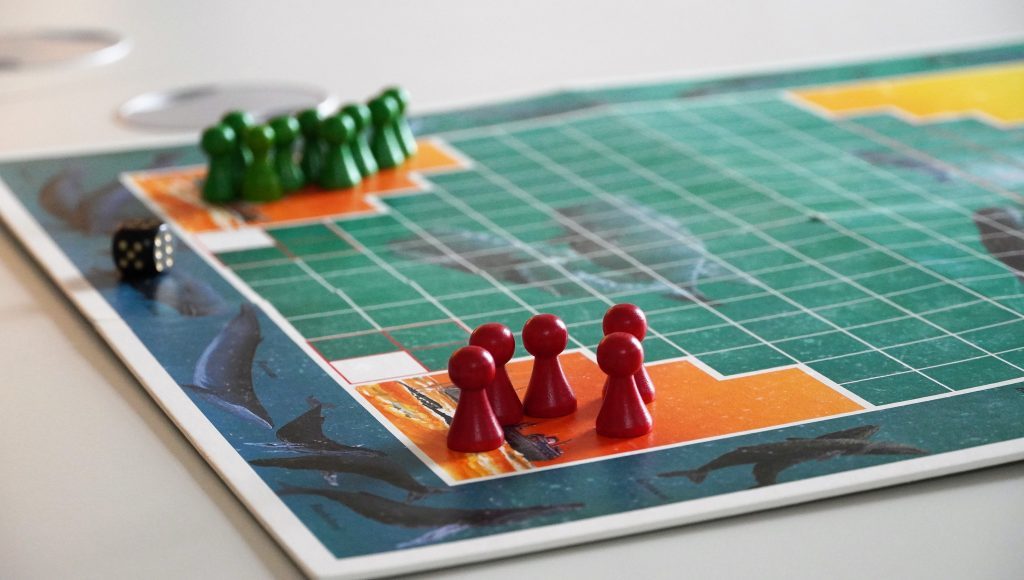
About HITS
HITS, the Heidelberg Institute for Theoretical Studies, was established in 2010 by physicist and SAP co-founder Klaus Tschira (1940-2015) and the Klaus Tschira Foundation as a private, non-profit research institute. HITS conducts basic research in the natural, mathematical, and computer sciences. Major research directions include complex simulations across scales, making sense of data, and enabling science via computational research. Application areas range from molecular biology to astrophysics. An essential characteristic of the Institute is interdisciplinarity, implemented in numerous cross-group and cross-disciplinary projects. The base funding of HITS is provided by the Klaus Tschira Foundation.